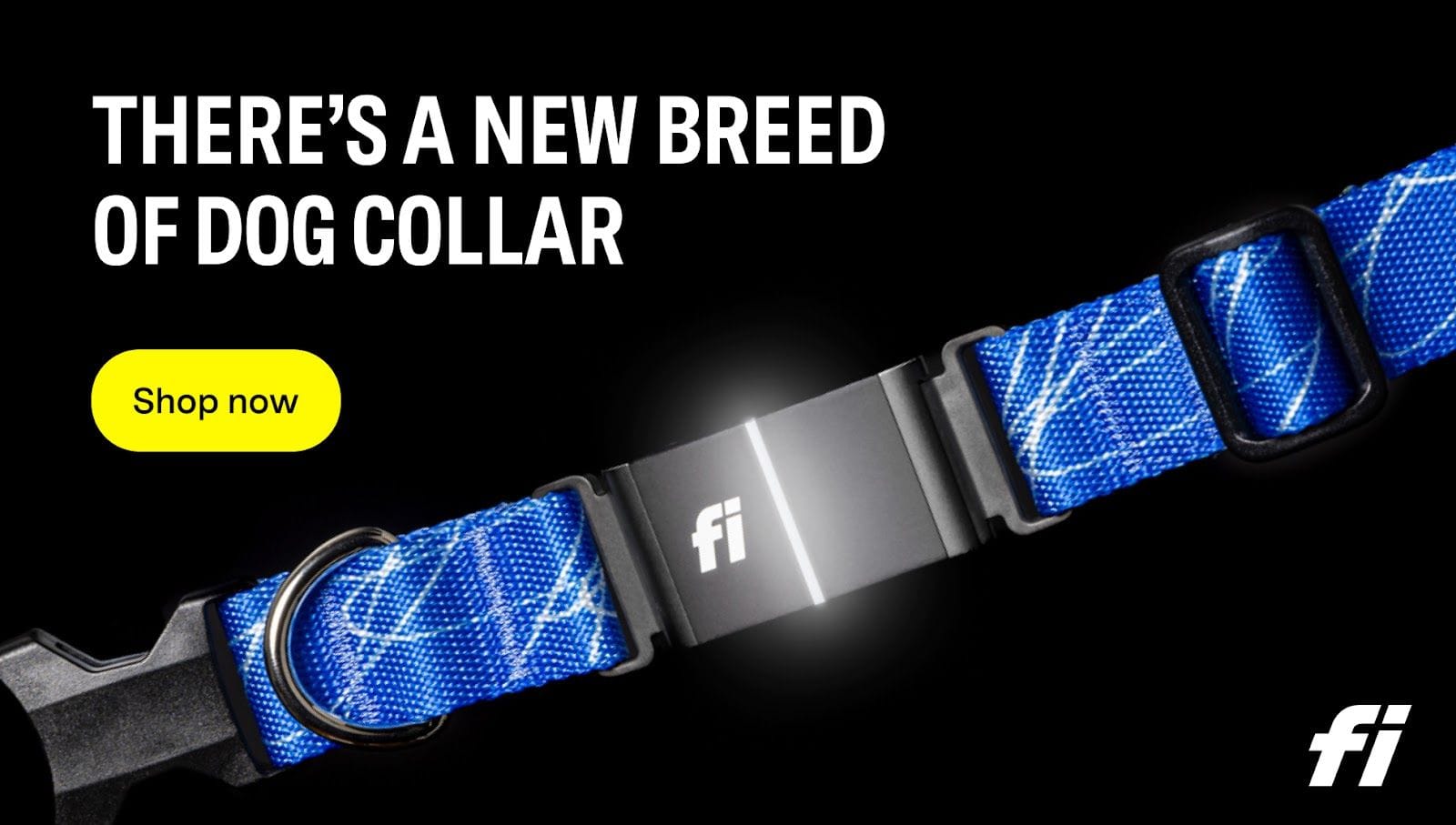Welcome to the world of Pembroke Welsh Corgis and their striking coat colors! But can Pembroke Welsh Corgis be merle? If you're a fan of these adorable, short-legged pups, it's natural to be curious about the possibility of a merle coat pattern in this breed. Merle is a popular and highly sought-after coat color in many other dog breeds, known for its distinctive mottled or marbled appearance.

However, when it comes to Pembroke Welsh Corgis, there's an interesting twist. Merle is not a recognized color in this breed. According to reputable breed standards, Pembroke Welsh Corgis should have solid colors such as red, sable, fawn, or black and tan.
While some might claim to have a "merle" Pembroke Welsh Corgi, it's important to note that these dogs are likely mixed breeds or have genetic anomalies. In fact, some breeders intentionally cross Corgis with other merle-colored breeds to produce these unusual coats.
So, if you're hoping for a merle Corgi, you might have to explore other breeds or consider mixed breed options. However, no matter their coat color, Pembroke Welsh Corgis are renowned for their intelligence, loyalty, and lovable personality.

Understanding the Pembroke Welsh Corgi breed
To fully understand why merle is not a recognized color in Pembroke Welsh Corgis, it's important to delve into the breed's history and characteristics. Pembroke Welsh Corgis are a small herding breed originating from Wales. They are known for their distinctive appearance, with short legs, a long body, and upright ears.
The breed's coat can vary in color, but the American Kennel Club (AKC) and the Kennel Club (UK) have specific breed standards that dictate the acceptable colors and patterns. These standards aim to maintain the breed's integrity and ensure the health and well-being of the dogs.
What is the merle gene in dogs?
Before we dive deeper into the specifics of Pembroke Welsh Corgis and merle, let's take a moment to understand the merle gene in dogs. Merle is a coat pattern caused by a dominant gene that affects pigmentation. It results in a marbled or mottled appearance with patches of diluted color on a solid base coat.
The merle gene can be found in many dog breeds, including Australian Shepherds, Border Collies, Dachshunds, and Shetland Sheepdogs, among others. The gene can be inherited from one or both parents and can produce a range of colors, from blue merle to red merle.
Can Pembroke Welsh Corgis have the merle gene?
While the merle gene is present in several dog breeds, it is not naturally found in Pembroke Welsh Corgis. According to the breed standards set by the AKC and the Kennel Club, the accepted colors for Pembroke Welsh Corgis are solid red, sable, fawn, or black and tan. Any other colors or patterns, including merle, are considered non-standard and not representative of the breed.

If you come across a Corgi advertised as "merle," it's crucial to exercise caution and skepticism. These dogs may be mixed breeds or have genetic anomalies, as merle is not a recognized trait in purebred Pembroke Welsh Corgis.
The controversy surrounding merle Corgis
The presence of merle Corgis has stirred up controversy within the dog breeding community. Some breeders intentionally cross Corgis with other merle-colored breeds to produce dogs with the merle coat pattern. While this may result in visually striking puppies, it raises ethical concerns.
Crossbreeding for the purpose of creating merle Corgis can lead to health issues and genetic anomalies. The merle gene is associated with various health concerns, including hearing and vision problems, as well as issues with the skin and coat. Breeding for aesthetics rather than the overall well-being of the breed can have serious consequences for the dogs involved.
Health concerns associated with merle Corgis
One of the primary reasons why merle is not accepted in Pembroke Welsh Corgis is the potential health risks associated with the merle gene. Merle is linked to a condition known as merle ocular dysgenesis, which can result in eye abnormalities and vision impairments. Additionally, merle dogs are more prone to deafness, especially if they are homozygous for the merle gene.
To ensure the health and welfare of the breed, responsible breeders adhere to the breed standards and avoid breeding dogs with the merle gene. By doing so, they prioritize the well-being of the puppies and work to eliminate potential health risks associated with merle.
Breeding practices and ethical considerations
When considering a Pembroke Welsh Corgi, it's essential to be aware of responsible breeding practices and ethical considerations. Reputable breeders prioritize the health, temperament, and conformation of the dogs they breed. They conduct thorough genetic testing, health screenings, and follow appropriate guidelines set forth by breed clubs and organizations.
Breeding for non-standard colors, such as merle, can lead to a host of health issues and compromise the overall quality of the breed. Responsible breeders are committed to preserving and improving the breed while ensuring the well-being of their dogs.
Recognized colors and patterns in Pembroke Welsh Corgis
As mentioned earlier, the recognized colors and patterns in Pembroke Welsh Corgis include solid red, sable, fawn, or black and tan. These colors can vary in shade and intensity, but any other colors or patterns, including merle, are considered non-standard.
The breed standards serve as a guide to maintain the integrity of the breed and ensure that dogs bred within these standards are healthy and true representatives of Pembroke Welsh Corgis.
Responsible breeding and genetic testing
To ensure the health and well-being of Pembroke Welsh Corgis, responsible breeders conduct thorough genetic testing. This helps identify potential health issues and minimize the risk of passing on genetic disorders to future generations.
Genetic tests can detect various health conditions, including those associated with the merle gene. By conducting these tests, breeders can make informed decisions about which dogs to breed and ensure that their puppies have the best chance of living long, healthy lives.

Finding a reputable Corgi breeder
If you're interested in bringing a Pembroke Welsh Corgi into your life, it's crucial to find a reputable breeder who prioritizes the health and welfare of their dogs. A reputable breeder will be knowledgeable about the breed, provide proper health screenings and genetic testing, and have a genuine love for their dogs.
Avoid purchasing a Corgi from sources that prioritize non-standard colors, such as merle, over the overall well-being of the breed. Responsible breeders will have a deep understanding of the breed standards and work diligently to produce healthy, well-socialized puppies.
Conclusion: Making an informed decision about merle Corgis
In conclusion, while merle is an attractive coat color found in many dog breeds, it is not a recognized color in Pembroke Welsh Corgis. Any Corgi advertised as "merle" is likely a mixed breed or has genetic anomalies.
When considering a Pembroke Welsh Corgi, it's important to prioritize the health and welfare of the breed. Responsible breeders adhere to breed standards, conduct genetic testing, and avoid breeding for non-standard colors like merle.
While a merle Corgi may be visually appealing, the health risks associated with the merle gene make it a less desirable trait in this breed. By making an informed decision and supporting responsible breeding practices, you can ensure that your future Corgi companion will be healthy, happy, and true to the breed's standards.




